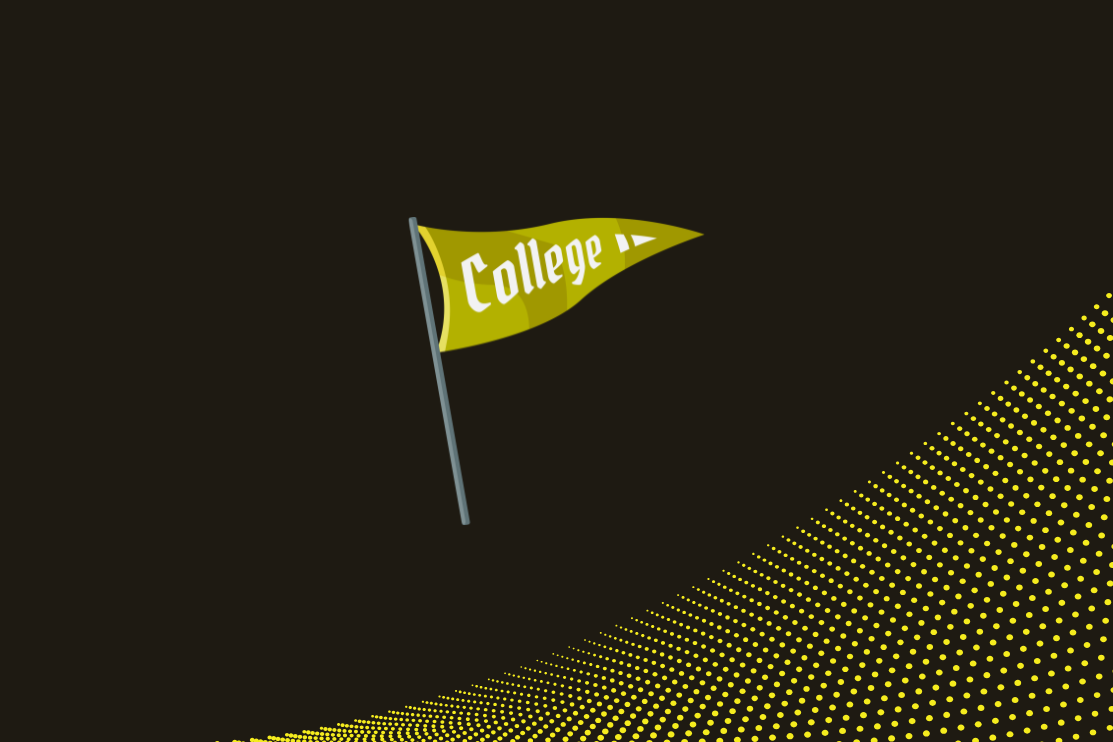Tips to Not Waste Summer: Encouraging Students to Stay Productive
Tips to Not Waste Summer: Encouraging Students to Stay Productive
Tips to Not Waste Summer: Encouraging Students to Stay Productive
Tips to Not Waste Summer: Encouraging Students to Stay Productive
Tips to Not Waste Summer: Encouraging Students to Stay Productive
Tips to Not Waste Summer: Encouraging Students to Stay Productive
Don't miss our breakout sessions!
Book time with our team on-site!
Our team is excited to meet you. Book a time that works best.


For students, the end of the school year often brings a seemingly relentless schedule of high-stakes exams, final projects, culminating extracurricular activities, sports competitions and playoffs, and final musical and theatrical performances–all of which require intensive commitments of focus and time. Students look forward to the summer break in hopeful anticipation of rest and relaxation.
While rest is vitally important for students’ health and wellbeing, finding ways to complement these periods of relaxation with some structure and purpose can make for a summer that is productive, purposeful, and energizing–allowing students to enter the next school year feeling prepared. Counselors and CTE educators can encourage students to create a plan for the summer months that allows them to explore interests, build skills, tackle academic coursework, and work toward personal goals.
Enhancing Academics and Developing Skills
While most students look forward to a break from the intense academic pressures of the school year, utilizing summer for some academic work can help them to maintain momentum and mitigate some of the academic pressures of the next school year. Students might consider taking a summer school class, including virtual course options, to get some graduation requirements out of the way. Summer coursework can allow students to complete prerequisites, opening their course schedules up for more advanced coursework or create space in schedules for career-centered learning opportunities.
Students might also utilize the summer months to prepare for future courses or exams, building some foundational knowledge and boosting their confidence. There are many online resources available to support student learning and provide opportunities for low-stakes practice. Khan Academy offers free lessons for instruction and review in math, science, economics, history, the arts, language arts, computing, and test prep. EdX offers courses and materials covering a wide variety of subjects–including AP Exam prep, composition, biology, and Calculus.
Beyond specific academic work, students might use the time off from school to learn a new skill in an area of interest. Spending time learning a new coding language, taking a sign language course, or even practicing typing skills can enrich students’ learning and build valuable skills for future courses or careers.
Graduation, Career, and College Planning and Preparation
Summer can provide students with time and opportunities to learn more about a potential career path, especially for those students whose academic coursework does not leave ample time for work-based learning during the school year. From job shadowing to internships to volunteering, students can explore opportunities aligned to their specific career interests and goals. The added flexibility in the summer means that students are more available during business hours, making it easier to get hands-on experiences and build professional connections.
Summer can be a great time to engage in service hours as summer often offers expanded opportunities for volunteering that are often not possible during the school year such as supporting camps, community clean-ups, and community recreation program needs. Students can try to find opportunities that allow them to engage more deeply in a project that aligns with their passions or a field of interest. And, the schedule of summer allows students to fulfill a large portion of their required hours for graduation, with the ability to accumulate multiple hours within a day or across a week.
Specific to college, summer can offer students open windows of time to research and explore majors and college options. This can help those early in their high school careers to draft a list of colleges they want to learn more about along with majors of interest. And, for those nearing the end of high school, summer can provide time to pare down those lists, focus their search, and begin to draft resumes and college essays–without the competing time constraints and academic pressures of the school year.
Building Life Readiness and Healthy Habits
From learning how to cook, manage a budget, or even first aid training, summer can offer valuable opportunities for students to practice life readiness skills. Whether a formal course or just opportunities to learn alongside a parent or mentor, mastering these skills can help to foster independence. Similarly, building strong habits that support lifelong learning and overall health and wellness can help students to better manage the pressures during the school year and establish certain routines that will benefit not just their academics, but their entire life. From reading books to journaling to writing poetry to exercising, establishing these habits during the summer months can promote balance, resilience, and overall well being for years to come.
An Intentional Balance of Productivity and Rest
As the end of the school year nears, counselors can prompt students to set personal goals and make commitments to themselves for how they plan to utilize the summer months. Simply encouraging students to pause and think about their summer plans can provide a helpful nudge toward purpose and productivity. Counselors can also help to remind students of the importance of balance. While having some activities and commitments during the summer is positive, it is important that the summer break offers moments of intentional pause and rest. Helping students to realize these moments are also valuable–rather than a waste of time–can leave them feeling refreshed and ready for a new school year.
Related Posts
See All




